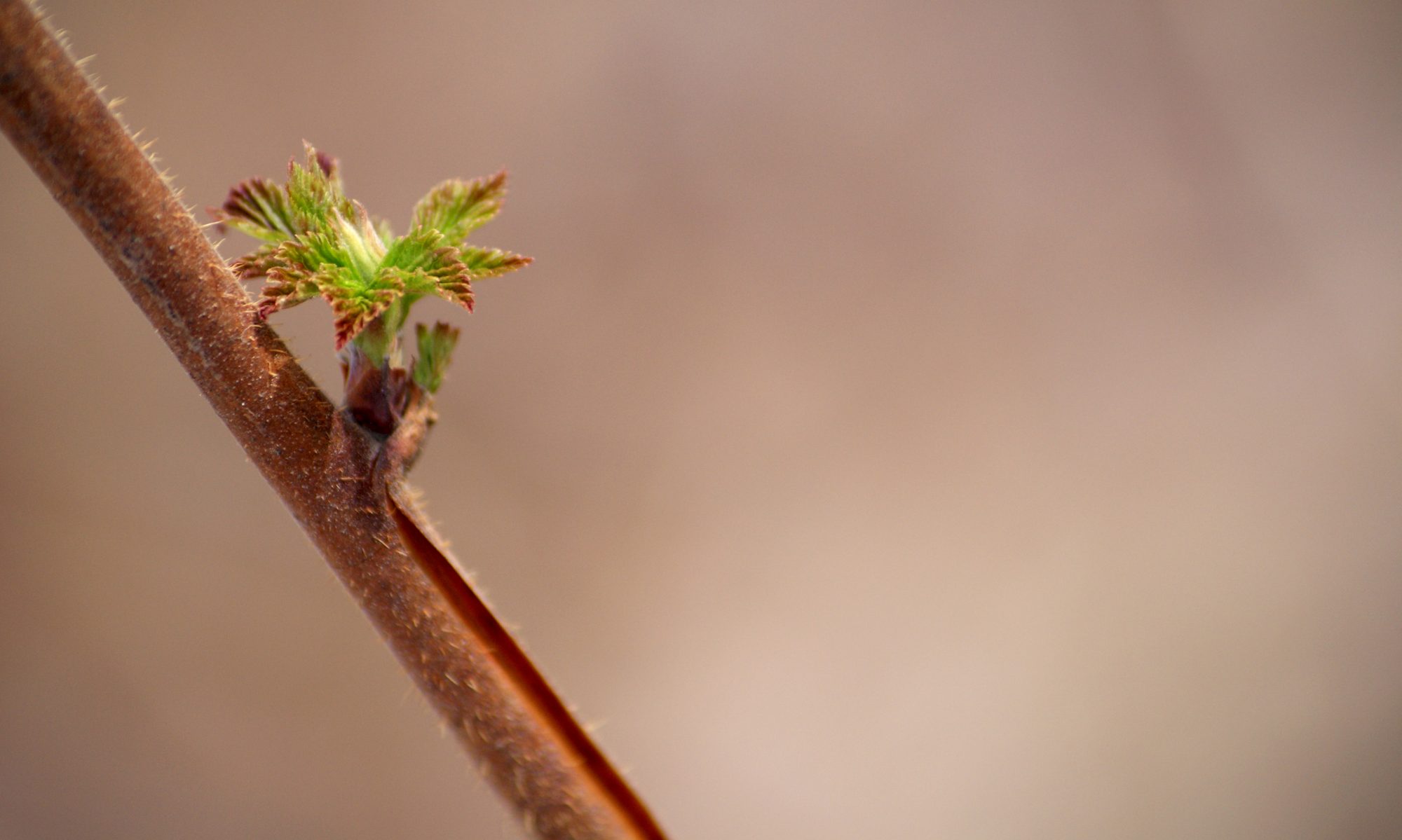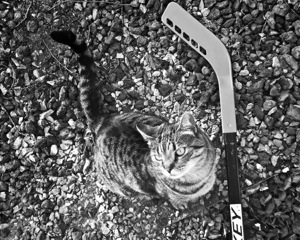Just a few links to kick off your weekend.
Amazing bristlecone pines
I am not a fan of the desert. It seems unnecessarily brutal. Being a person is a huge disadvantage in the desert, where there is nothing interesting to do besides getting lost and dying.
Peer review: The more things change…
With an appropriate celebrity endorsement tweet too.
Speaking of tweeting your science:
Projects will be focused on specific species found in our region, from trees to beetles, to mushrooms and mammals. Each week, students will be tweeting facts, anecdotes, and observations about their study species (and some of these tweets should come directly from the field).
Don’t you wish that you had this job?
Last May, Google sent 13 camera-equipped researchers to capture the beauty of the Galapagos Islands, both on land and in the surrounding sea. Now, Google has unveiled the results: the newest addition to Street View is a tour of the islands Darwin made famous after he first visited them, 178 years ago this week.
Not encouraging:
Arkansas government figures showed, for example, that licensed collectors had removed more than half a million wild turtles from the state between 2004 and 2006; data from the Dallas/Fort Worth, Texas, airport showed that “more than 256,638 wild-caught adult turtles” were exported to Asia between 2002 and 2005. Overall, the experts estimated, the total trade in U.S. turtles likely added up to “thousands of tons per year.” After mystifying trips halfway around the world, most of the animals probably ended up in the stomachs of Chinese diners.
Neologisms and ephemerality (or lack thereof?)
apols, A/W (“autumn/winter”), babymoon, balayage (“a technique for highlighting hair”), bitcoin, blondie (small cake), buzzworthy, BYOD (“bring your own device”), cake pop, chandelier earring, child’s pose (yoga), click and collect, dad dancing, dappy, derp, digital detox, double denim, emoji, fauxhawk, FIL (“father-in-law”), flatform (shoe), FOMO (“Fear Of Missing Out”), food baby (“a protruding stomach caused by eating a large quantity of food”), geek chic, girl crush, grats, guac, hackerspace, Internet of things, jorts, LDR, me time, michelada (“drink made with beer, lime juice…”), MOOC, Nordic noir, omnishambles, pear cider[see comment below], phablet, pixie cut, prep (v. “prepare”), selfie, space tourism, squee, srsly, street food, TL;DR, trolly dash (UK supermarket promotion), twerk, unlike (v.), vom (“vomit”)

